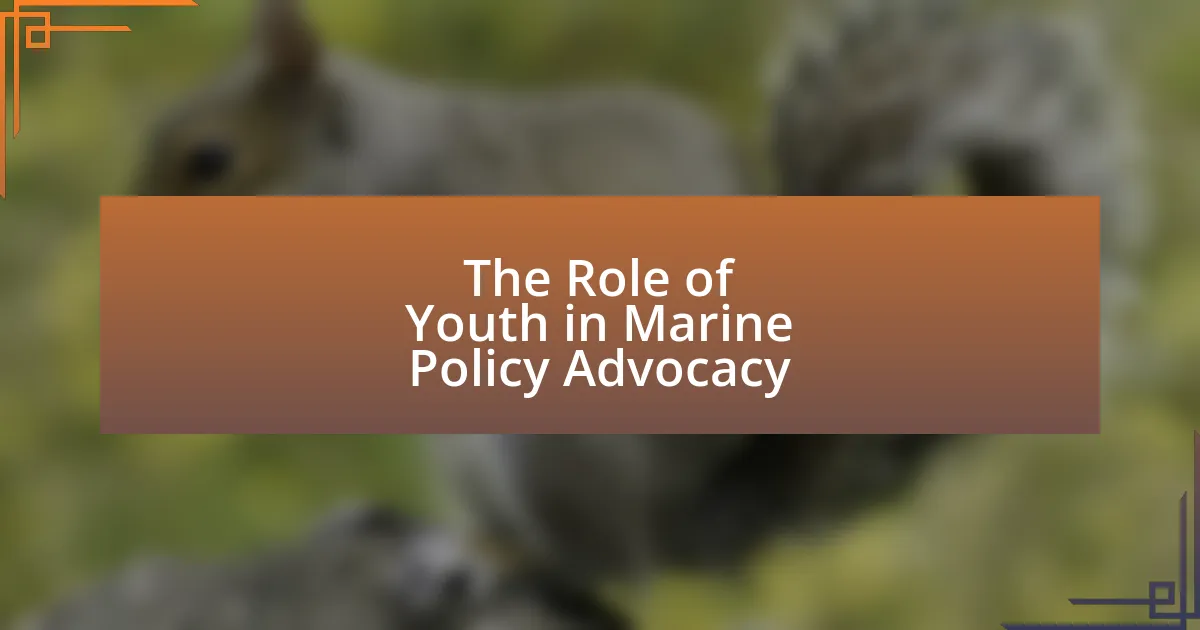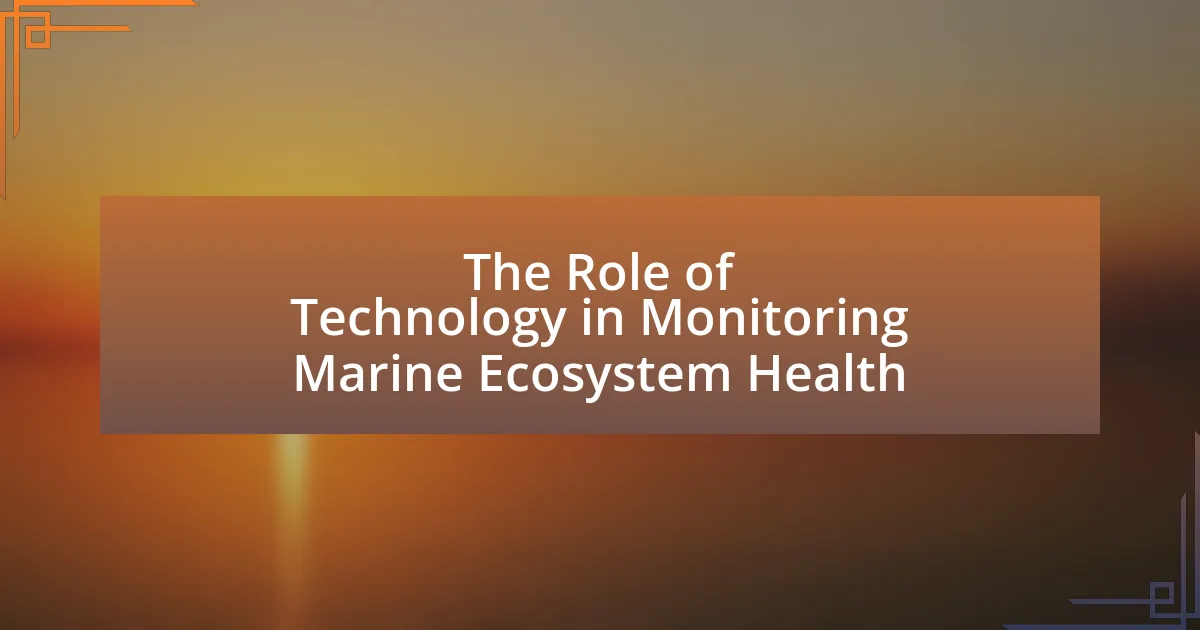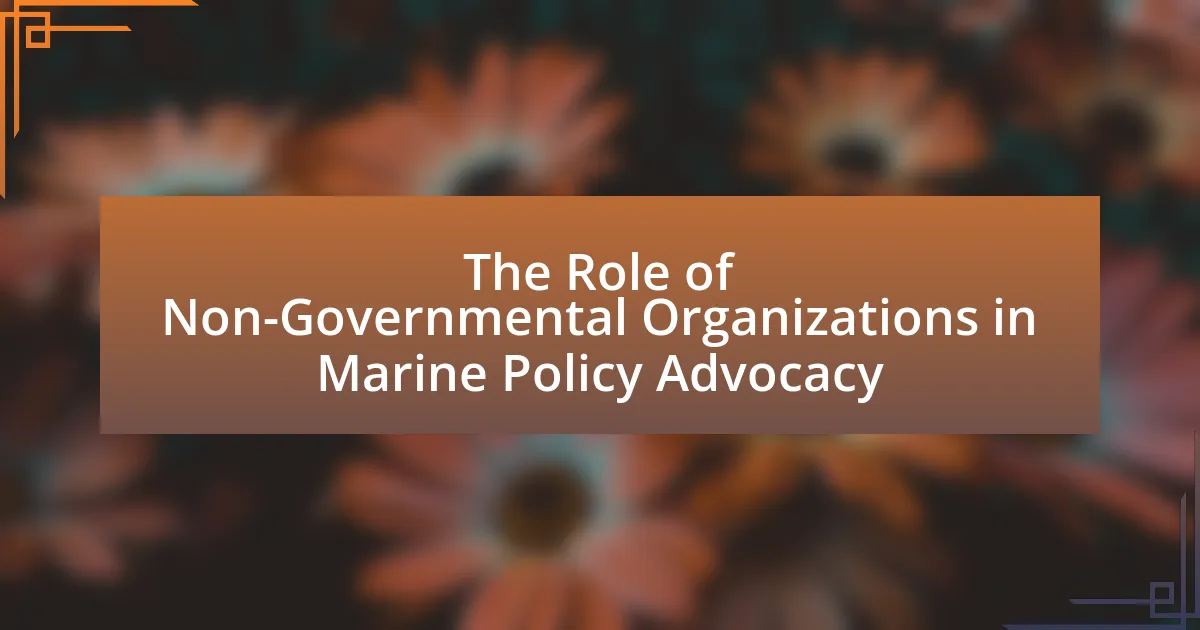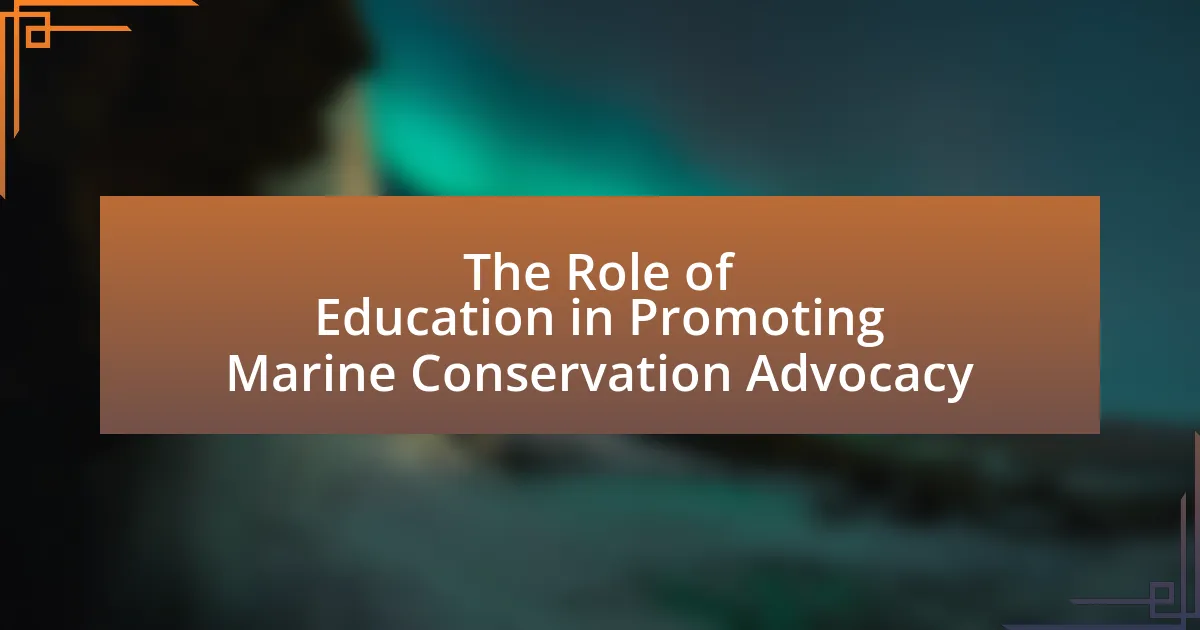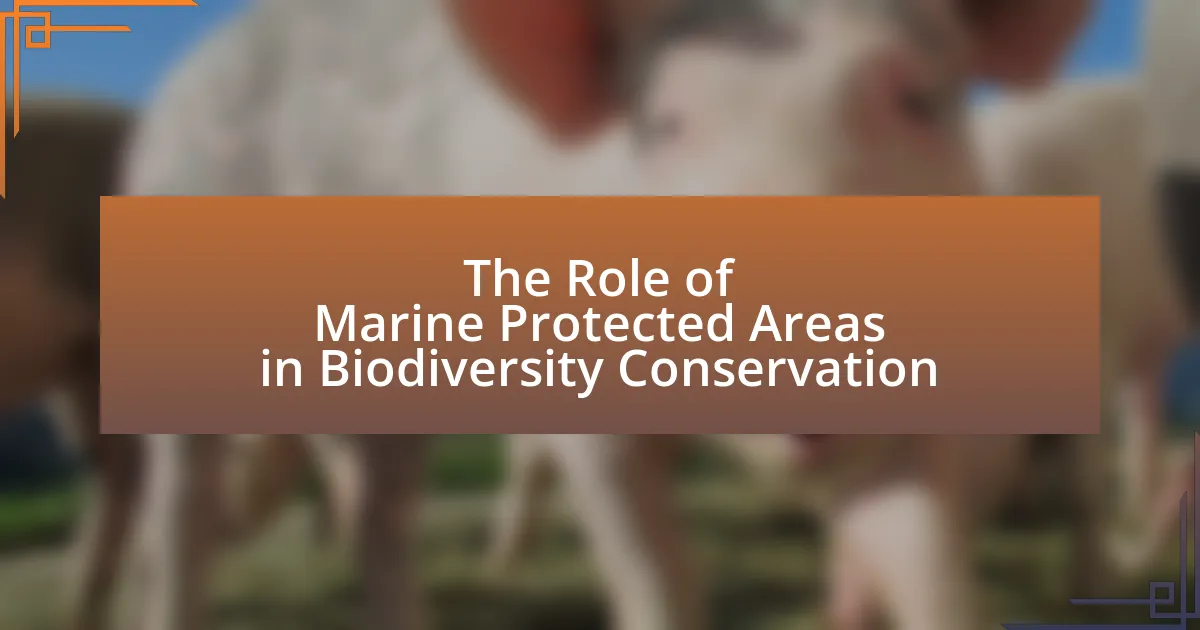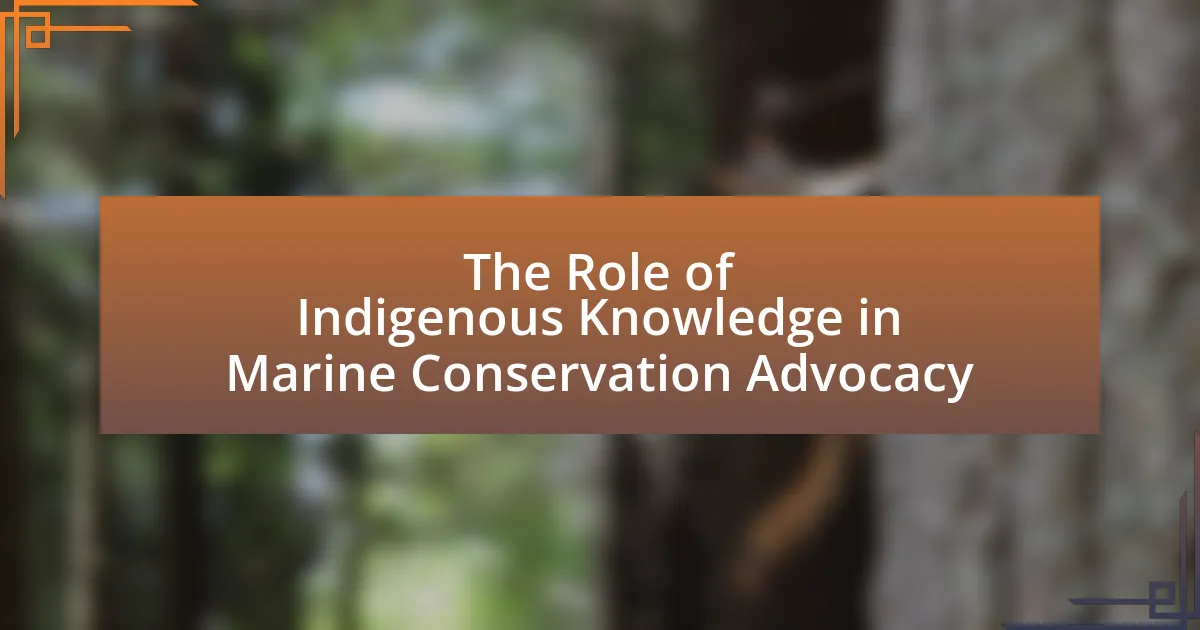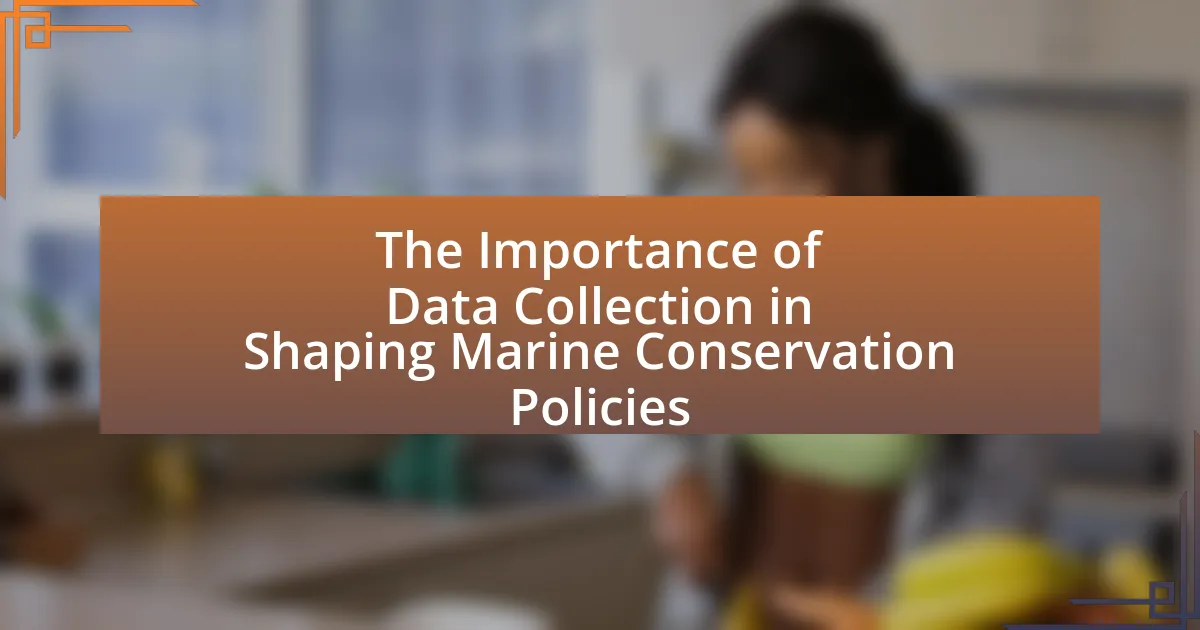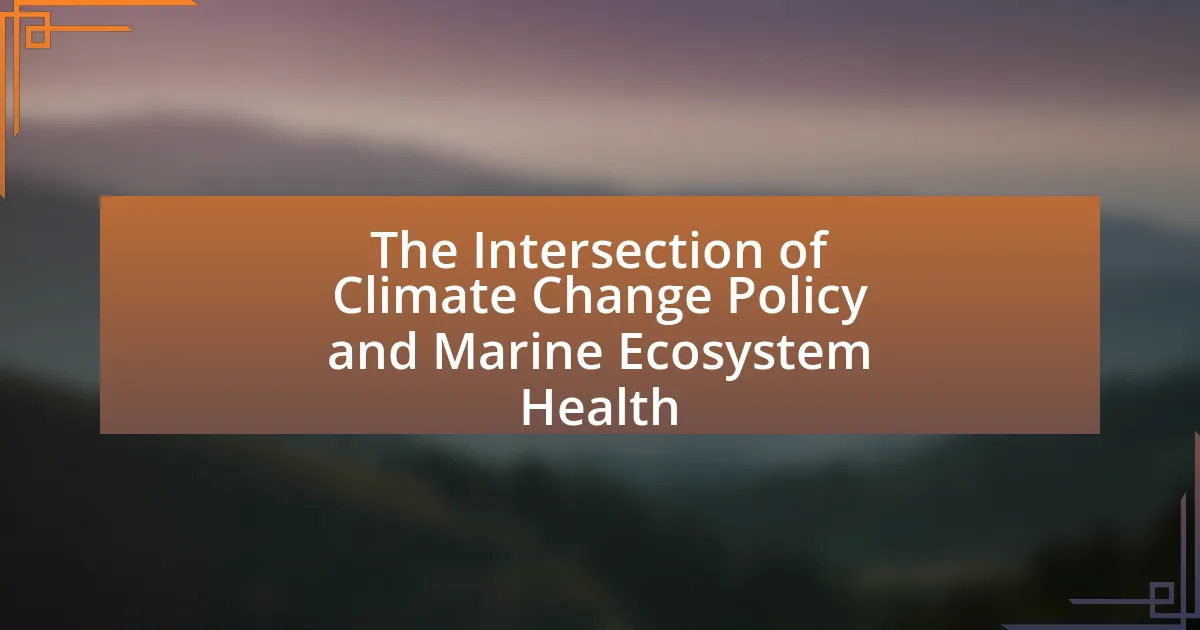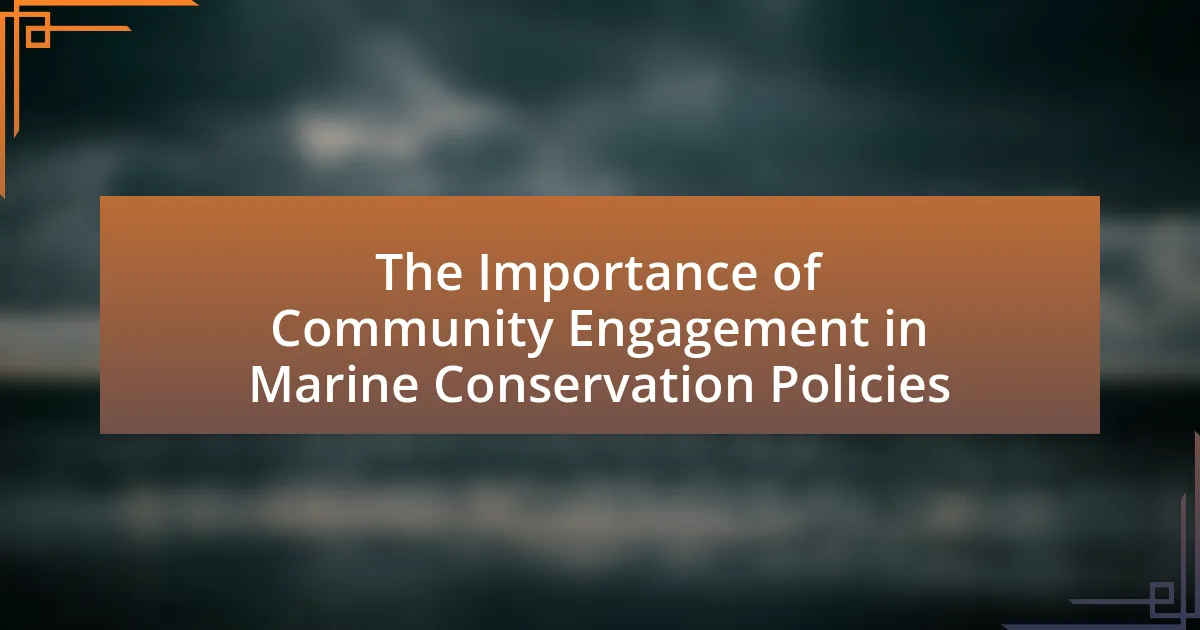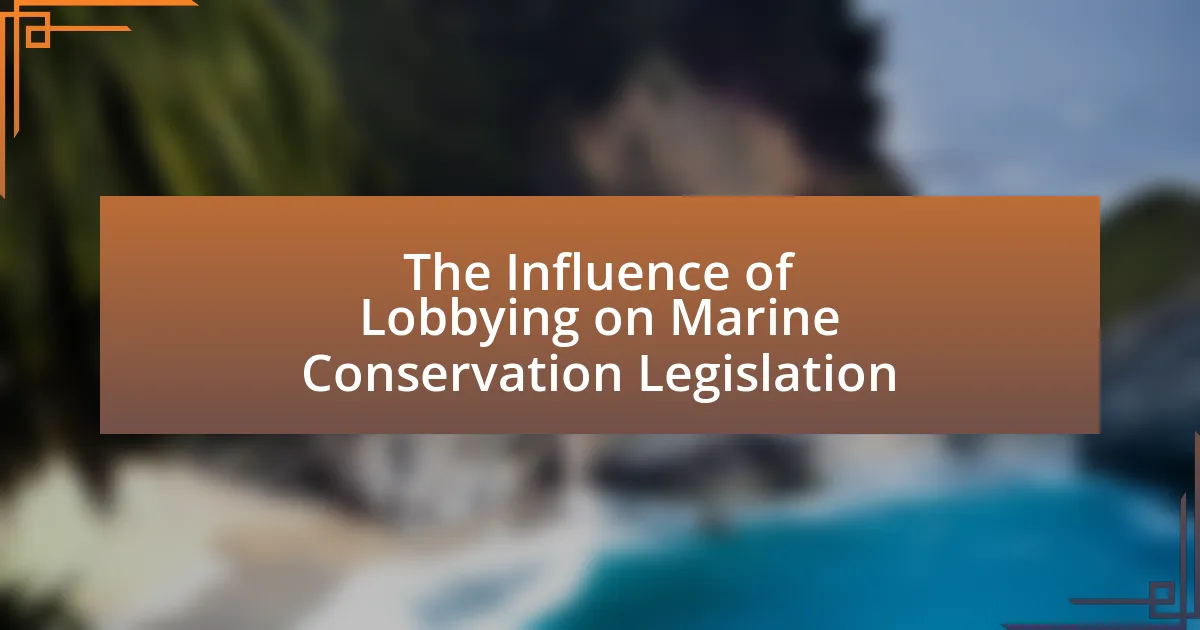The article focuses on the critical role of youth in marine policy advocacy, highlighting their influence in raising awareness, shaping decision-making, and promoting sustainable practices. It discusses the importance of…
Category: Policy and Advocacy
Welcome to the “Policy and Advocacy” category, where you will find a wealth of articles that delve into the complexities of public policies and the vital role of advocacy. This space is designed for both newcomers and seasoned individuals interested in understanding how policies shape our lives. You’ll explore various topics, from healthcare and education reforms to social justice initiatives. Each article offers insights into current issues and highlights the importance of grassroots movements.
Here, you will discover practical strategies for effective advocacy and learn about the different stakeholders involved. Our articles break down intricate concepts into clear, digestible formats. You’ll gain knowledge on how policies are formed and the impact they have on communities. Join us as we unpack the mechanisms of change. Engage with compelling stories and find your place in the dialogue about shaping a better future.
The Role of Technology in Monitoring Marine Ecosystem Health
The article focuses on the critical role of technology in monitoring marine ecosystem health. It highlights various advanced tools such as remote sensing, underwater drones, and autonomous monitoring systems that…
The Role of Non-Governmental Organizations in Marine Policy Advocacy
Non-Governmental Organizations (NGOs) play a vital role in marine policy advocacy by influencing legislation, raising public awareness, and promoting sustainable practices. They utilize strategies such as research, coalition building, and…
The Role of Education in Promoting Marine Conservation Advocacy
The main entity of the article is education and its pivotal role in promoting marine conservation advocacy. The article outlines how education enhances public awareness of marine ecosystems, the effectiveness…
The Role of Marine Protected Areas in Biodiversity Conservation
Marine Protected Areas (MPAs) are designated regions in marine environments aimed at conserving biodiversity and ecosystems by restricting human activities. This article explores the significance of MPAs in biodiversity conservation,…
The Role of Indigenous Knowledge in Marine Conservation Advocacy
The article examines the critical role of Indigenous Knowledge in marine conservation advocacy, highlighting its unique insights into sustainable practices and ecosystem management. It discusses how traditional ecological knowledge, accumulated…
The Importance of Data Collection in Shaping Marine Conservation Policies
The article focuses on the critical role of data collection in shaping marine conservation policies. It emphasizes how accurate data on species populations, habitat conditions, and human impacts informs decision-making…
The Intersection of Climate Change Policy and Marine Ecosystem Health
The article examines the critical relationship between climate change policy and marine ecosystem health, emphasizing the necessity of effective climate policies to safeguard marine environments. It highlights how climate change…
The Importance of Community Engagement in Marine Conservation Policies
The article focuses on the significance of community engagement in marine conservation policies, emphasizing its role in fostering local stewardship and enhancing the effectiveness of conservation efforts. It highlights how…
The Influence of Lobbying on Marine Conservation Legislation
The article examines the significant influence of lobbying on marine conservation legislation, highlighting how advocacy efforts shape policy outcomes and resource allocation. It discusses the strategies employed by various interest…
